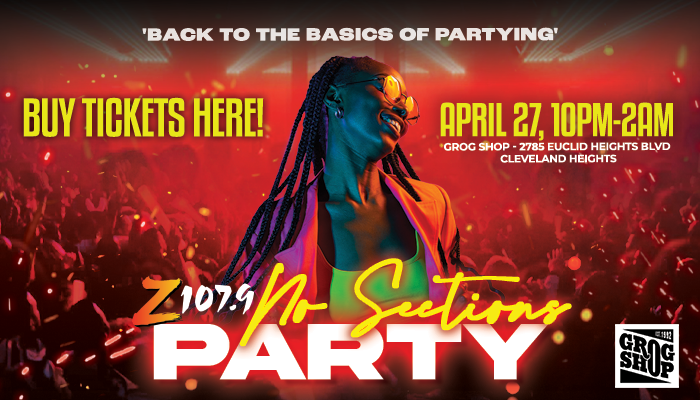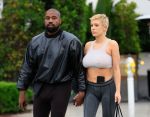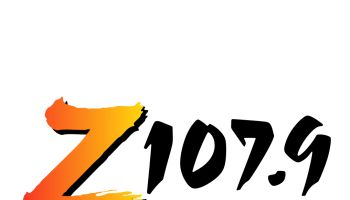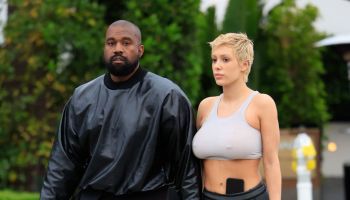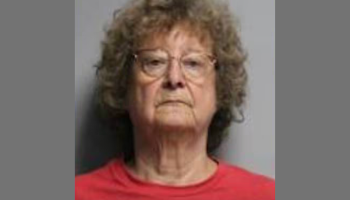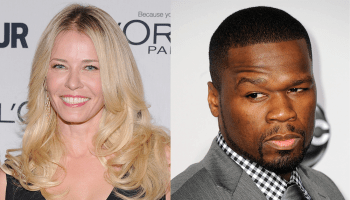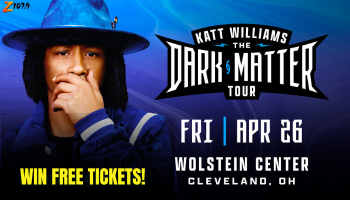SEATTLE—Life isn’t easy for the self-proclaimed superhero who calls himself “Phoenix Jones, Guardian of Seattle.” A 22-year-old day-care worker by day, he dons a black-and-gold costume by night to harass drug dealers and break up street fights.
But he’s having a harder time dealing with his latest nemeses: members of the “Real Life Superhero” (RLSH) movement.
This world-wide collection mainly of grown men with names like Zetaman, Knight Owl, Dark Guardian, and Mr. Raven Blade, have taken to grumbling about Mr. Jones, who has recently been getting more publicity than they do, partly because of his aggressive style.
The RLSHers, many of whom stick to charitable works like delivering food to the homeless, are concerned that Mr. Jones’s physical approach might not reflect well on the superhero community, which has worked hard to convince people that it isn’t just a group of comic-book geeks with inflated notions of their own importance but, rather, a force for good in the world.
“For the first time, we have someone who agrees with our overall purpose but doesn’t agree with our methods,” says Knight Owl, a Portland, Ore., member of the RLSH world who, like the others, refuses to give out his real name.
“I suppose it was bound to happen, but it’s definitely a growing pain within the community.”
Mr. Jones, who declined to allow his real name to be published but whose back story checks out, dismisses the criticism. “I may be eccentric, but I’m not crazy,” he says. “I really am here to help the people of Seattle.”
Real Life Superheroes, who seem to favor masks and dark clothing—sometimes emblazoned with homemade logos (like the Superman “S”)—exist in pockets all over the world. Some, like Knight Owl and Thanatos, based in Vancouver, British Columbia, typically focus on charitable activities.
Others, such as New York’s Dark Guardian, patrol areas known for drug activity—a bit like the city’s old subway-riding Guardian Angels. Dark Guardian shines lights and takes videos to try to deter crime nonviolently, and he makes emergency calls to 911.
“Mostly, they’re relatively normal people trying to help out and have a little fun along the way,” says Tea Krulos, a Milwaukee writer working on a book about them.
Phoenix Jones is different. In the 10 months since he became prominent, he has shown a willingness to thrust himself into dangerous situations.
A mixed martial-arts fighter, he broke his nose last month while breaking up a fight, and he says he has been shot and stabbed, too. He often travels with a posse, sometimes carries a Taser nightstick and tear gas, and repeatedly has himself been mistaken for a criminal.
One Friday night, Mr. Jones and several sidekicks—two quiet men called Buster Doe and Pitch Black; a young woman named Blue Sparrow; and a superhero-in-training called Ski Man—spent several hours making the rounds on the streets of Seattle.
Mr. Jones posed for the occasional cellphone photo with revelers outside night spots in several popular neighborhoods. But, he says, the attention “distracts me from my mission.”
Outside a bar, Mr. Jones chastised a man for yelling at a downtrodden passerby.
“Let’s keep it cool; let’s all have a good night,” he said to the man, who quickly backed down.
From there, Mr. Jones chatted up late-night loiterers in areas known for drug dealing. “Stay safe tonight,” he said. “Stay warm.”
Later, the superheroes ran after a swerving car, suspecting a drunk driver, but the car raced away and, alas, they can’t fly. Capes, also, are unfashionable in the superhero world: “They get caught on everything,” says Mr. Raven Blade.
Little crime-fighting took place that night. “That’s the thing,” concedes Mr. Jones. “When there’s nothing going on, you feel pretty silly in this outfit,” he says, referring to his costume, which he says is equipped with the latest body armor.
Detective Mark Jamieson, spokesman for the Seattle Police Department, applauds citizens’ willingness to get involved in their communities and says the department has received 911 calls from Mr. Jones.
But he worries about things getting out of hand. “Our concern is that if it goes badly, then we wind up getting called anyway, and we may get additional victims.”
It’s that kind of scenario that frightens other RLSHers.
“Whether intentionally or not, he’s representing the [superhero] community now,” says Knight Owl. “And that makes some people nervous.”
Mr. Jones says the RLSH group initially resented his quick move into the spotlight, and blackballed him when he later tried to make nice. So Mr. Jones ultimately started his own group, called the Rain City Superheroes. He says the group’s mission is decidedly different from the agenda of the RLSH gang.
“Handing out food to the homeless is an entirely worthy thing to do,” he says. “But it’s not what superheroes do. If you’re going to drive a fire truck, people are going to expect you to put out fires. If you dress up like a superhero, people are going to expect you to fight crime.”
Phoenix and one of his cohorts, named Buster Doe, make an appearance at The Dreaming comics and games store in Seattle. Last month, in an effort to patch things up, members of the two groups met up in Seattle and went on a late-night patrol of the city.
According to Mr. Jones and others present, the night didn’t go entirely smoothly. At a coffee shop following the patrol, Mr. Jones and Zetaman, a Portland superhero, argued over Mr. Jones’s approach. Zetaman declined to comment. But on his blog, he recounted telling Mr. Jones: “[A]ll of us are afraid of one day someone is going to get killed and it’ll be all over.”
Added Zetaman: “I don’t need this kind of macho c— in my life and I don’t need to prove myself to anyone, least of all to Phoenix Jones and his Rain City Superhero Movement.”
The night of the patrol, Zetaman left the group early and went back to his hotel.
Responds Mr. Jones: “I don’t see the point in handing sandwiches to homeless people in areas in which the homeless are getting abused, attacked, harassed by drug dealers.”
Since then, the two groups—the Rain City Superheroes and the Real Life Superheroes—have pretty much gone their separate ways.
“We’re not one giant family,” says Knight Owl. “After all, we’re a colorful collection of individuals. We’re superheroes.”
Write to Ashby Jones at ashby.jones@wsj.com
Read more on this story on http://www.wallstreetjournal.com
